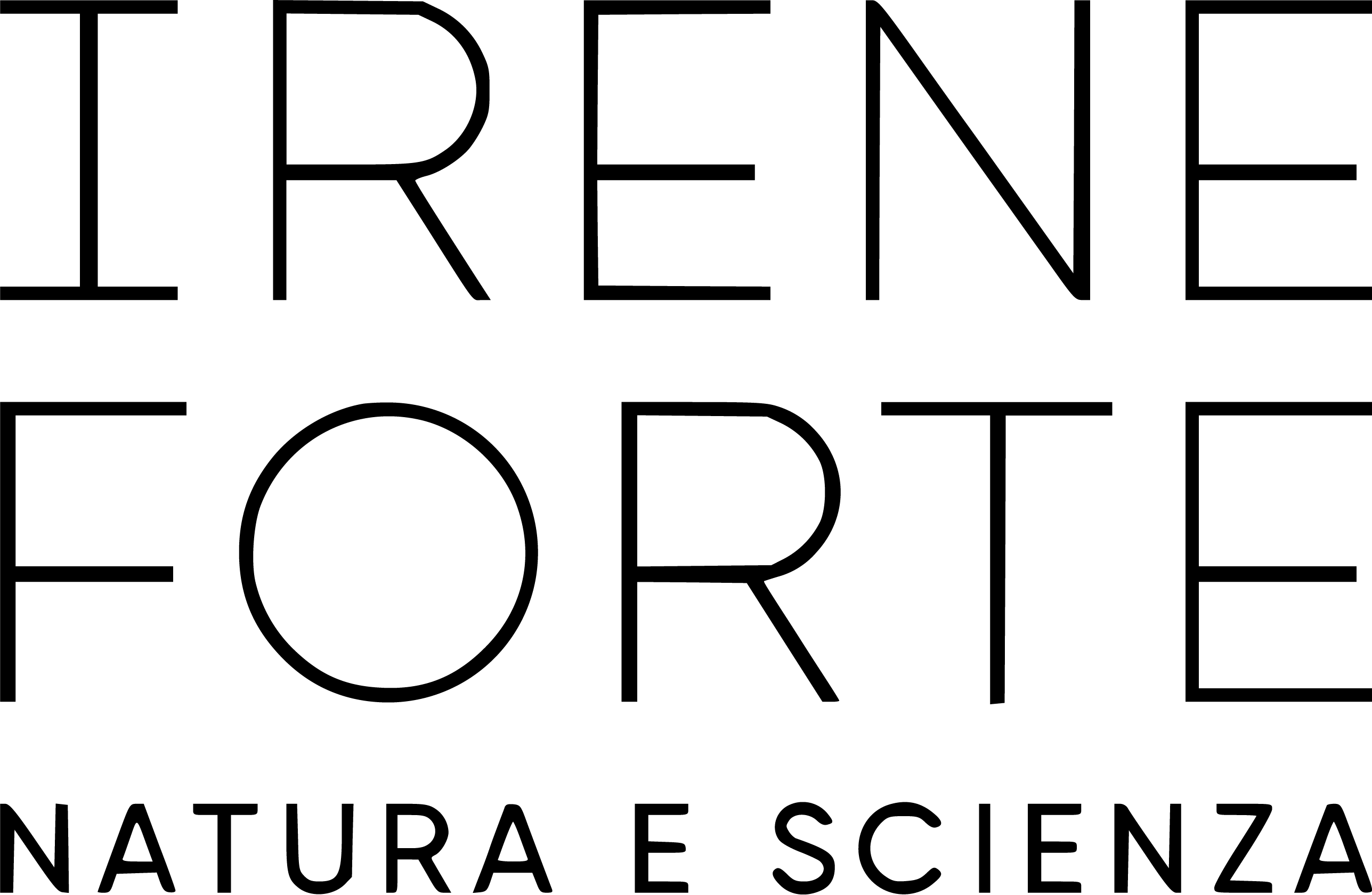
Widely regarded as one of the healthiest and most balanced ways of eating, the Mediterranean diet has long been associated with good health and longevity. Now, scientific research continues to affirm what Mediterranean communities have practiced instinctively for generations: eating in harmony with the land is profoundly protective for both body and mind.
A study from Italy’s Neuromed Institute, published in the British Journal of Nutrition, found that individuals whose diets closely reflected the traditional Mediterranean pattern had significantly lower mortality rates. Similarly, research in the Journal of the American Geriatrics Society concluded that Mediterranean-style eating, rich in olive oil, legumes, fruits, vegetables, and whole grains, can help preserve cognitive function and delay age-related decline.
From Sardinia to Caltabellotta: A New Blue Zone Emerges
Sardinia is often held up as the original Blue Zone, a region where people routinely live to 100 and beyond. Now, new research points to a new emerging Blue Zone: Caltabellotta, a quiet mountaintop town in Sicily with fewer than 3,500 residents, located just 22 kilometres from our organic farm at Verdura Resort.
A recent analysis of civil records from 1900 to 1924 revealed that Caltabellotta has a centenarian rate comparable to Sardinia’s most long-lived communities: one in every 171 people born during that period lived to 100. This remarkable statistic isn’t simply a matter of genetics. In fact, genetic studies show that Sicilians share a remarkably similar profile, suggesting that its lifestyle, particularly diet, that plays the more decisive role.
What Does the Mediterranean Diet Actually Look Like?
The Mediterranean diet doesn’t follow a one-size-fits-all approach. It changes slightly from one village to the next, shaped by tradition, climate, and what the land gives. But across Italy, Greece, Spain, and beyond, one ingredient always holds the centre: olive oil. More than just a source of healthy fats, it’s rich in powerful antioxidants like oleuropein and hydroxytyrosol. These are compounds that help reduce inflammation and support cellular health as we age.
In the Sicilian mountain town of Caltabellotta, the diet follows the same principles, but even more hyperlocal. When researchers visited in spring, nearly every centenarian was eating fava beans, not because they’re a “superfood,” but because that’s what was growing. This is the soul of Mediterranean eating: seasonal, nutrient-rich, and never rushed.
Some defining staples of the Mediterranean Diet include:
-
Olive Oil: The cornerstone of the Mediterranean diet, rich in compounds like oleuropein and hydroxytyrosol, known to reduce inflammation and oxidative stress.
-
Legumes & Whole Grains: Beans, lentils, farro, and barley replace meat as the primary protein source.
-
Fresh Fruits & Vegetables: Eaten daily, grown locally, and loaded with polyphenols, fibre, and antioxidants.
-
Minimally Processed Foods: Meals are home-cooked, not packaged or preserved.
-
Herbs Over Salt: Seasoning comes from rosemary, mint, oregano, and wild herbs, not processed flavorings.
This way of eating supports heart and brain health while also helping to reduce chronic inflammation and cellular stress, two of the most significant contributors to biological aging.
The Mediterranean Diet For Your Skin
In the same way that the Mediterranean diet promotes health from the inside out, the nutrient-dense ingredients are deeply beneficial when applied topically too, benefiting you from the outside in. We, too, believe in skin health and longevity rather than faddy, quick fixes. Our ingredients are grown on our organic farm at Verdura Resort in Sicily to traditional standards, free from chemical enhancements, and we take advantage of what the seasons have to offer. It is 230 hectares of the very best Sicily has to offer and it allows us access to a level of freshness and quality unparalleled in cosmetic manufacturing. Verdura’s produce sits at the heart of our skincare line, diffusing the very essence of Mediterranean wellness into every bottle.
Like the Mediterranean diet itself, our approach to skincare favors consistency over quick fixes, integrity over trends, and nourishment over harsh actives. The skin, like the body, responds best to gentle support, ritual, and balance. This is why Irene Forte Skincare is often called the Mediterranean diet for your skin.
A Return to Slower Beauty
In a world driven by fast results and ever-changing routines, we invite you to return to something slower and wiser. The Mediterranean lifestyle teaches us that longevity begins with the choices we make daily: what we eat, how we move, how we rest, and how we care for ourselves.

























